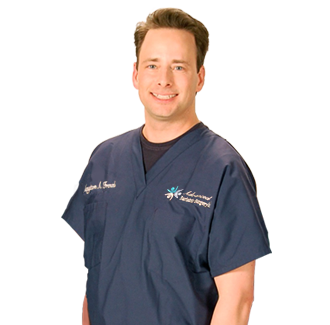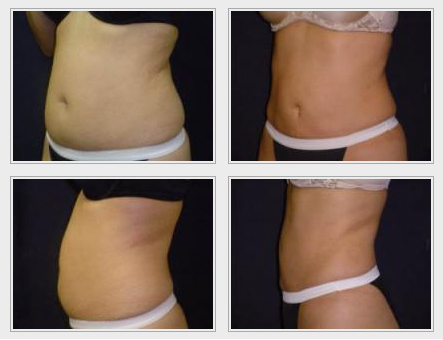Dr. Frenzel uses a carbon dioxide, i.e. CO2 laser to treat sun-damaged skin, fine wrinkles and scars in a procedure commonly called laser skin resurfacing. Our laser skin resurfacing procedures are performed here in our Arlington surgery office under local anesthesia and light iv sedation.
How the CO2 Laser Works
A Co2 laser produces a column of light that is capable of removing the top layers of damaged skin. Imperfections like scars, wrinkles, lines, and blemishes get removed along with the outer damaged skin layers.
CO2 lasers are commonly used to treat conditions like the following:
- Fine wrinkles
- Acne scars
- Age spots/sun spots
- Lines around the mouth
- Lines around the eyes
- Some precancerous skin growths
The CO2 laser emits bursts of energy that vaporize or ‘ablate’ the skin cells in a precise, uniform manner asDr. Frenzel applies it to your skin. The precision of the laser, as it penetrates to a controlled depth, allows for a safe procedure with a predictable result.
Who Can Benefit from Laser Treatment?
During a consultation, we can determine if you are a candidate for laser skin resurfacing by evaluating your skin imperfections, thickness, texture, and type. This procedure is typically considered as an excellent alternative to chemical peels or dermabrasion. The CO2 laser is the gold standard for skin resurfacing and In most cases, only one treatment is needed.
After CO2 Laser Treatment
Redness is common afterward, but should quickly fade to a light pink, which can be concealed with makeup. The pink discoloration should fully disappear in 1-3 months. The ultimate goal of CO2 laser resurfacing is to improve your complexion. Patients should expect relatively modest improvements, rather than a complete correction of sun damage or wrinkles. The success of this treatment will largely depend on the patient’s skin condition and the severity of the treated imperfections. Most of our patients have been very satisfied with the results.
For more information on the risks, benefits, or cost of CO2 laser skin resurfacing, contact the office of Dr. Clayton Frenzel.







